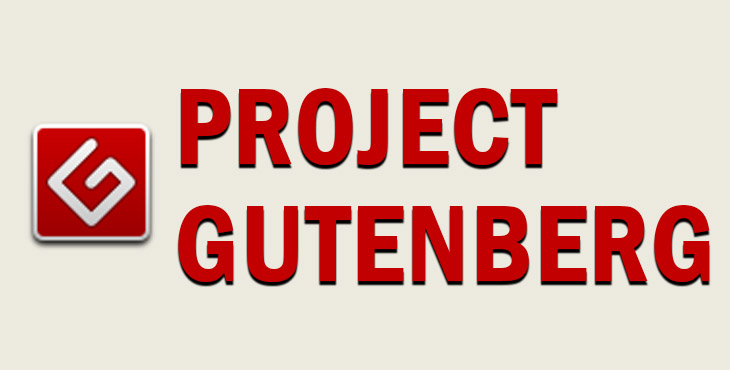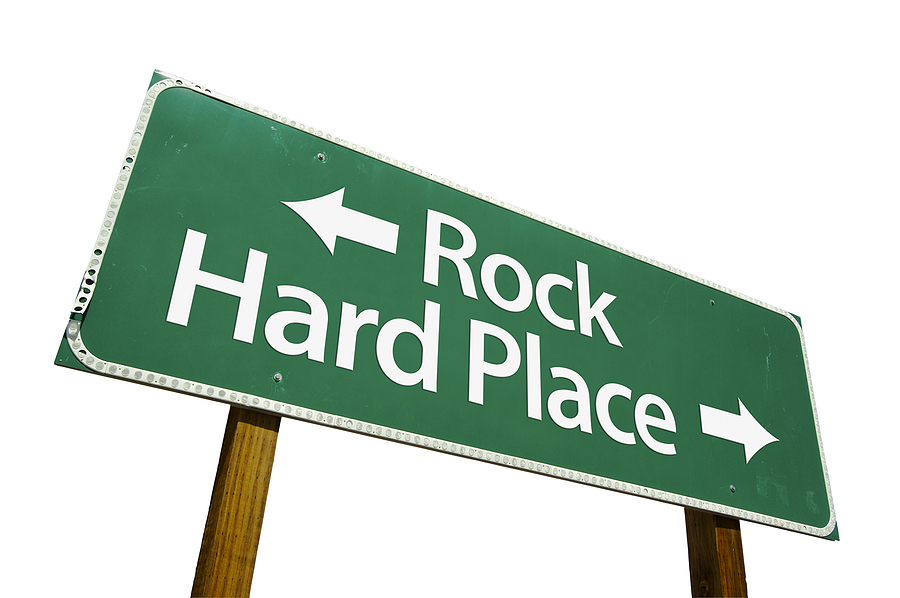This week we celebrate the 100th anniversary of the first edition of Reader’s Digest with one of their most popular jokes as voted by readers:
A turtle is crossing the road when he’s mugged by two snails. When the police show up, they ask him what happened. The shaken turtle replies, “I don’t know. It all happened so fast.”
Perfect.
For those who browsed and read Reader’s Digest regularly, among the articles and book condensations, you might remember:
Believe It or Not!
Humor in Uniform
Quotable Quotes
Word Power
Picturesque Speech
Life in These United States
Personal Glimpses
Laughter
Things to Come
Points to Ponder
and many more features making it interesting reading for young and old.
During a tumultuous time in the magazine publishing world over the last 15 years, Reader’s Digest is still around, navigating two bankruptcy filings and currently publishing monthly in over twenty languages with monthly circulation over ten million, far below its historical circulation peak, but still substantial.
In a sense, Reader’s Digest was like a print website in a pre-Internet world. In it was something for everyone: long- and short-form content; continual updates to maintain interest; and, overall, a hopeful message. (By the way, you can subscribe at $10 for one year, $15 for a two-year subscription.)
Past editions of Reader’s Digest are like time capsules of the last century. Founders and first publishers DeWitt Wallace and his wife, Lila Bell Wallace, married in 1921 when both were in their early 30s. They started the magazine in 1922.
Lila’s father was a Presbyterian minister, and she attended the University of Oregon. DeWitt Wallace’s father was a professor at Macalester College in Minnesota, eventually becoming its president. DeWitt initially attended Macalester before finishing his bachelor’s degree at the University of California, Berkeley.
DeWitt was in the US Army in The Great War, wounded and spending four months in a French hospital. While there, he passed the time reading magazines when the ideas started spinning. By February 1922, shortly after marrying Lila, the first edition of Reader’s Digest was mailed to subscribers. The rest is history.
Both DeWitt and Lila were active philanthropists, with DeWitt giving much of his fortune to Macalester College and Lila giving a reported $60 million in her lifetime to organizations like the Metropolitan Opera.
Reader’s Digest had a generally conservative political slant, focusing on traditional virtues of patriotism, courage, and service to others. The regular stories and sections on the military undoubtedly stemmed from DeWitt’s personal appreciation for those who served.
And, yes, humor. From the January 1950 issue:
Victor Borge, describing his adventurous boyhood in Denmark: “Once my father came home and found me in front of a roaring fire. That made my father very mad, as we didn’t have a fireplace.”
Happy 100th birthday, Reader’s Digest.
(The image above is from the Reader’s Digest Centennial page, https://www.rd.com/article/100th-anniversary.)











